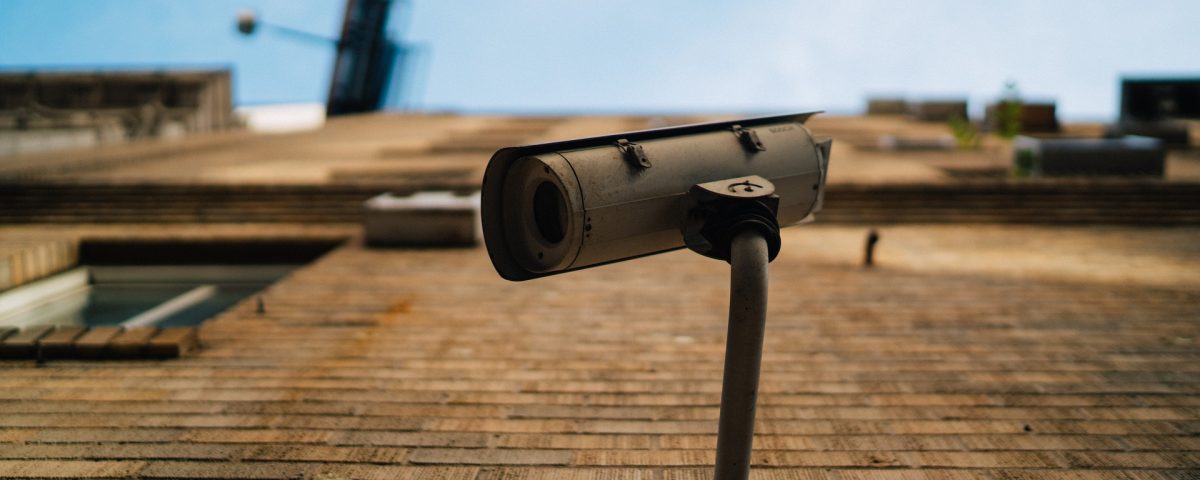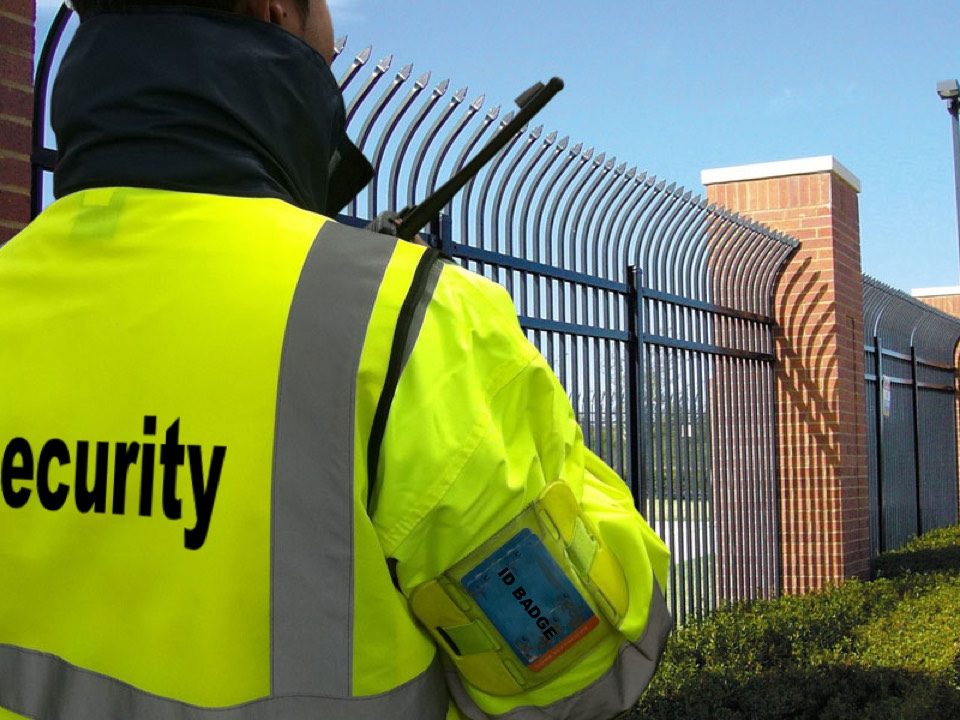Government Regulations for CCTV Security Cameras
In March 2018, the UK Government’s Surveillance Camera Commissioner, Tony Porter, propelled another observation technique for both England and Wales. These new directions and regulations will endeavor to adjust the developing worries over rising advancements in technology and privacy with the legitimate requirement for security while out in public areas and spaces.
The government favours the use of CCTV and automatic number plate recognition systems as a crime fighting and public protection tool. It supports the use of overt surveillance in a public place when it is in pursuit of a legitimate aim; necessary to meet a pressing need; and proportionate, effective, and compliant with any relevant legal obligations.
Like the public, the government expects that where CCTV is deployed it is as effective as it can be in meeting its stated purpose and has appropriate privacy safeguards.
Mr Porter added there were also “growing public concerns” about drones – or unmanned aerial vehicles, some of which are equipped with cameras – and the use of body-worn video by police and other agencies. Mr Porter said in his annual report: “The use of surveillance camera systems within domestic environments continues to grow.
An individual has the right to protect their property and this can be done by using a CCTV system where it is necessary, such as a security measure. However, the Surveillance Camera Commissioner recommends that users of CCTV systems should operate them in a responsible way to respect the privacy of others.
A CCTV system to protect a domestic dwelling from acts of crime and anti-social behaviour is now commonplace. Although this seems a reasonable use, there have been a number of complaints to the police, ICO and the SCC from neighbours and other members of the public using pavements in the vicinity who believe that cameras are being used to spy on them and their families.
Below is a short set of considerations to guide you through steps for ensuring that your CCTV security system reduces the risk of intruding on the privacy of others, including neighbours.
1 Reasons for getting a CCTV system
Think about the following questions before getting a CCTV system:
- why do I need CCTV?
- could I use another means to protect my home, such as improved lighting?
- what do I want my CCTV camera to view and record? (this could be the front door, a parking space, the back yard, a shed etc)
2 How your CCTV system affects others
It is important to consider the privacy of others while setting up your system. Ask yourself:
- where will I position the CCTV to ensure minimal intrusion in to my neighbour’s and other people’s privacy?
- will the range of the cameras overlook my neighbour’s property, pavements and other areas? (if so, consider ways to reduce intrusion such as using privacy filters)
- how will my neighbours feel about my CCTV?
You also need to be aware that if your camera(s) captures images outside the confines of your of household, those images are subject to the DPA. Please see the Information Commissioner’s Office website for more information about domestic cameras covering areas other than your own property.
3 Letting people know about your CCTV system
Ensure that you are transparent to those around you when installing your CCTV system. You can do this by:
- informing your neighbour(s) about your system
- putting up a notice informing people that recording is taking place
4 If you already have a CCTV system
If you already have a CCTV system installed, you should check that:
- your system is still needed
- your cameras do not intrude on your neighbour’s property as this could mean that you will not be complying with the DPA
- you regularly delete the recordings and that they are not kept for longer than is necessary for the protection of your property
Please note that if your camera is pointing directly at a neighbour’s property, you should take steps to reposition it to avoid complaints or in some cases accusations of violation of privacy or harassment.
5 Taking responsibility for your CCTV system
If you are thinking of installing a CCTV system on your property, you should be aware of your responsibilities:
- it is your responsibility to make sure that the CCTV system is installed correctly
- you are also responsible for all the information that is recorded by your system
- you must make sure that the information is not used for any other purpose than protecting your property
- it is vital that you understand how your system works, so please make sure you read the manual and if necessary ask your installer to show you how to operate it
6 Storing the recorded information
Ensure you follow the steps below when storing the information you record on your CCTV system:
- you should make sure that the date and time on your system are accurate
- it is important to check that you have enough recording space
- you should not store any information or images for longer than is necessary to protect your property which means you should delete the information once it is no longer required
- you should make sure that the information recorded is used only for the purpose for which your system was installed (for example it will not be appropriate to share any recordings on social media sites)
- you must keep the recordings secure and keep access to them to a minimum (remember that you are responsible for what happens with the information)
7 After installation
Once you’ve installed your CCTV system, you should consider the following:
- it is important that you check your system regularly to make sure that it is working properly (this may include cleaning any debris affecting the camera and wiping it down after bad weather)
- you should also check the position of your camera from time to time to make sure it still captures the right images and does not overlook someone else’s property or public space, such as walk ways
8 Using information as evidence
In certain circumstances, the information you record may be used as evidence. You should bear in mind that:
- if your system captures information of an incident, it could be use by the police to aid an investigation
- it is important that the information you record can be used as evidence, if required
- if you are not sure, check with your installer or your local police authority
For further reading on the surveillance camera code of practice, please follow this link: https://www.gov.uk/government/publications/surveillance-camera-code-of-practice




